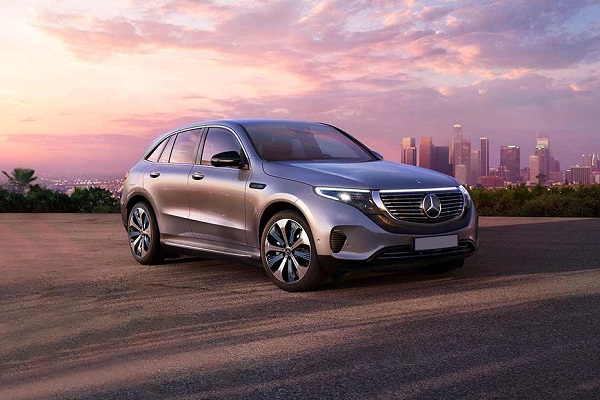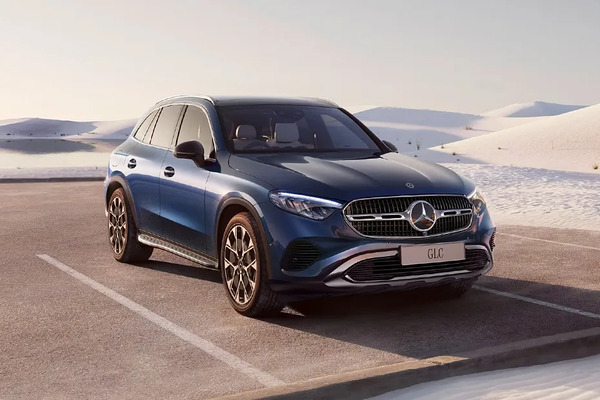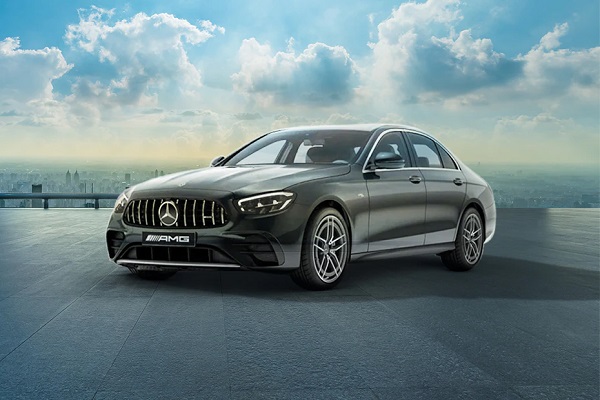Mercedes buys stake in Chinese EV battery manufacturer Farasis
- Mercedes will take a three percent stake in the Chinese, and the parent company Daimler is investing a million euro in the battery specialist's IPO.
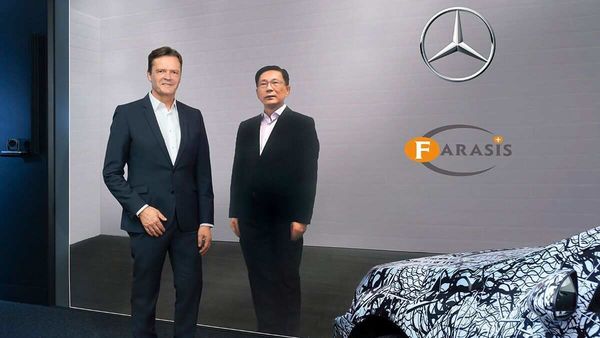

Mercedes-Benz is intensifying its cooperation with the developer and supplier of lithium-ion battery technology Farasis Energy, which includes a direct stake in the Chinese company.The key elements of the agreement are the development and industrialisation of modern cell technologies and cost reductions.
The contract offered Mercedes the safe supply of battery cells for its electric offensive, while Farasis received planning security for capacity building.Farasis is building a battery cell plant in Bitterfeld-Wolfen in order to be able to meet the increasing demands for the Mercedes plants in the future.Mercedes will take a three percent stake in the Chinese, and the parent company Daimler is investing a million euros in the battery specialist's IPO.The German carmaker also later want to appoint a representative to the Supervisory Board.
Also check these Vehicles
In order to be able to meet increasing demand for German Mercedes-Benz plants in the future, Farasis is building a plant for battery cells in Bitterfeld-Wolfen; creating up to 2,000 new jobs.
"We are pleased to further expand our partnership with Farasis and are taking a decisive step in the implementation of our electric initiative Electric first", says the head of Daimler Group Research Markus Schafer."With the agreement, we are bringing in our expertise in the field of battery cell development.At the same time, we are giving another push for the new Farasis plant and promoting the sustainable development of a key technology and its establishment in Germany."
Daimler is driving a worldwide batteryproduction networkfor its e-mobility plans.It is said to consist of nine factories at seven locations on three continents.As a strategic partner, Farasis is a “fixed cornerstone" among the suppliers of battery cells, it is said.As usual with the local car manufacturers, Mercedes sources the battery cells in the energy storage of its electric cars and plug-in hybrid vehicles from several suppliers in Asia.The batteries are packaged into battery packs on site in Germany."The intelligence of the battery is in a highly complex overall system," emphasises Mercedes.Together with partners, they also wanted to master the chemistry inside the cells.
"The clear development goal is to significantly increase the range of future batteries through advances in energy density, to advance the maturity of future battery technologies and, last but not least, to significantly reduce charging times," explains Mercedes.“The increased efficiency of future batteries will further improve the sustainability of electric vehicles.This starts with the reduction of critical materials and the CO2-neutral production of the cells, the efficiency in operation to recycling and a closed raw material cycle.Together with its partners, Mercedes is also pushing ahead with the fastest possible industrialisation of the new technologies. "
As part of the"Electric first"strategy of the new Daimler CEO Ola Kallenius, Mercedes wants to equip all model variants and vehicle types with electrical engineering.In 2030, over 50 percent of passenger car sales are to be realised with plug-in hybrids or purely electric vehicles, and the commercial vehicle division with trucks and buses will also be electrified.By the end of this year, five fully electric car models and 20 plug-in hybrid variants should be on the market.







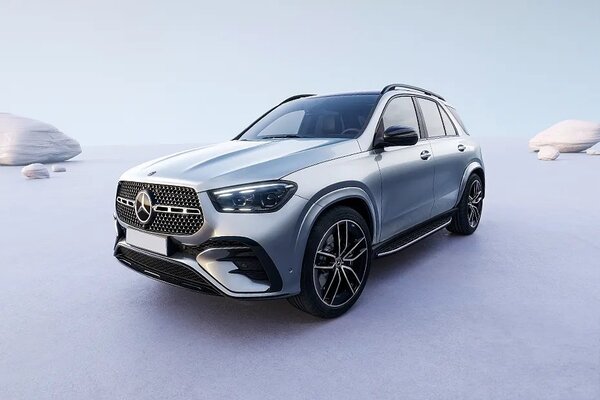
 2999 cc
2999 cc Multiple
Multiple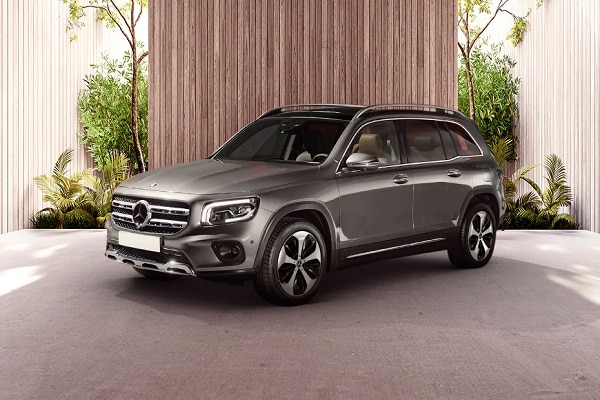
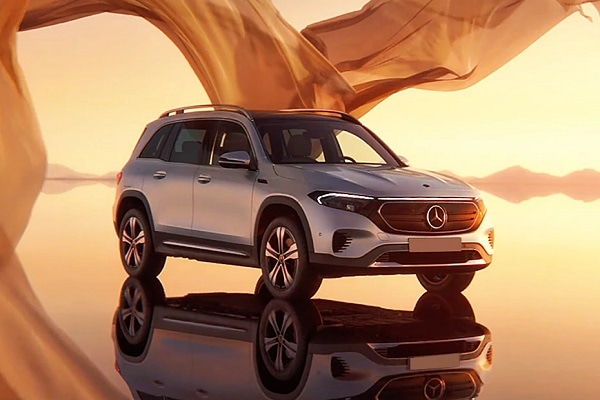
 66.4kWh
66.4kWh 423 km
423 km